Category: ROM
-

Episode 20: Who is Brando Yelavich?
New Zealand explorer, Brando Yelavich shares his story with Andy and Louise, from his initial adventure, becoming the first person to circumnavigate New Zealand by foot and through his other expeditions that have affirmed his sense of self and capacity to achieve his goals, however large or small.
-

Episode 19: How do you identify personal values?
How important are other people’s opinions to you? Seeking advice and support is one thing, but sometimes placing too much value on someone else’s opinion can have the opposite effect and limit us instead. It’s easy to become sensitive to or obsessed with what other people think, and worrying about it is something that can…
-
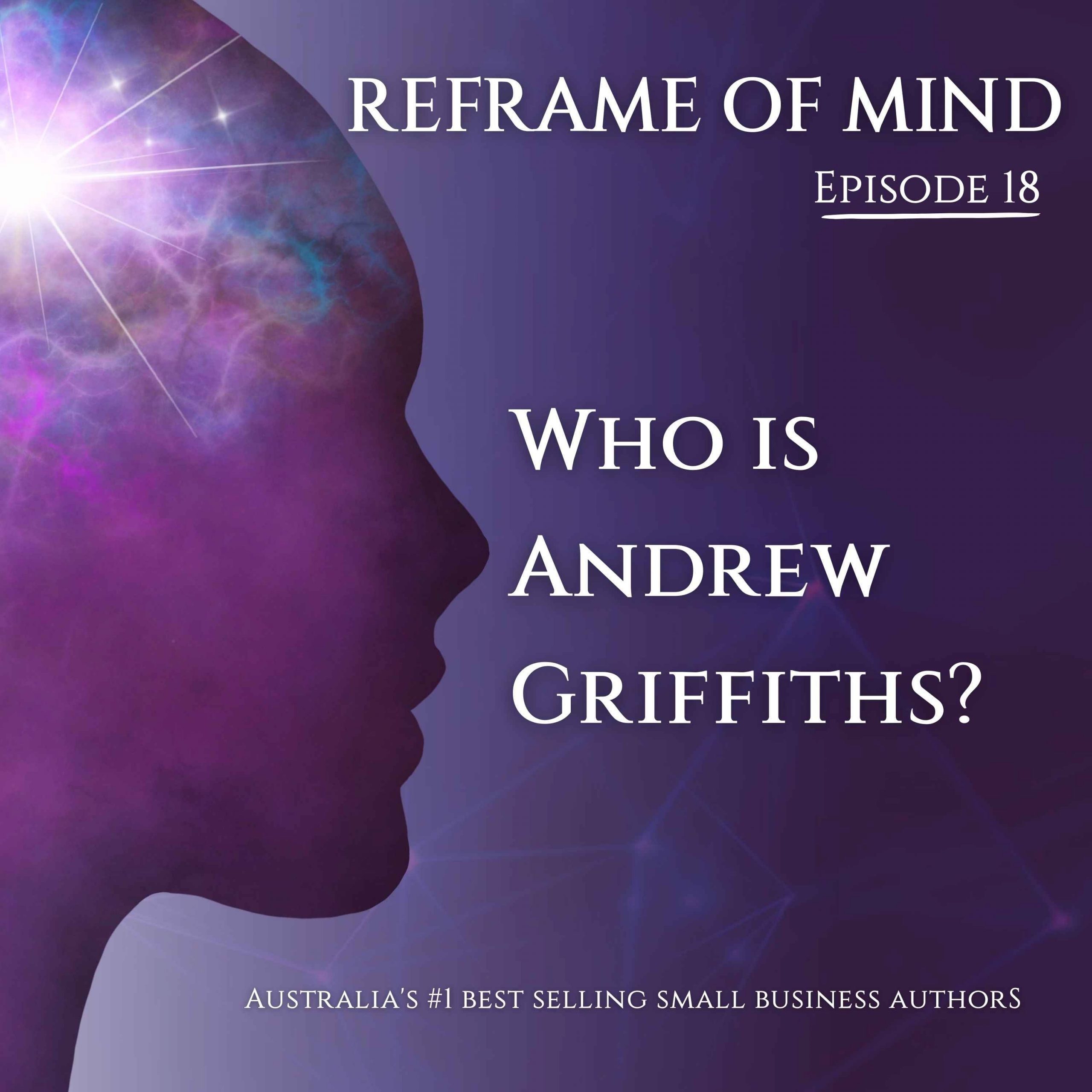
Episode 18: Who is Andrew Griffiths?
How important are other people’s opinions to you? Seeking advice and support is one thing, but sometimes placing too much value on someone else’s opinion can have the opposite effect and limit us instead. It’s easy to become sensitive to or obsessed with what other people think, and worrying about it is something that can…
-
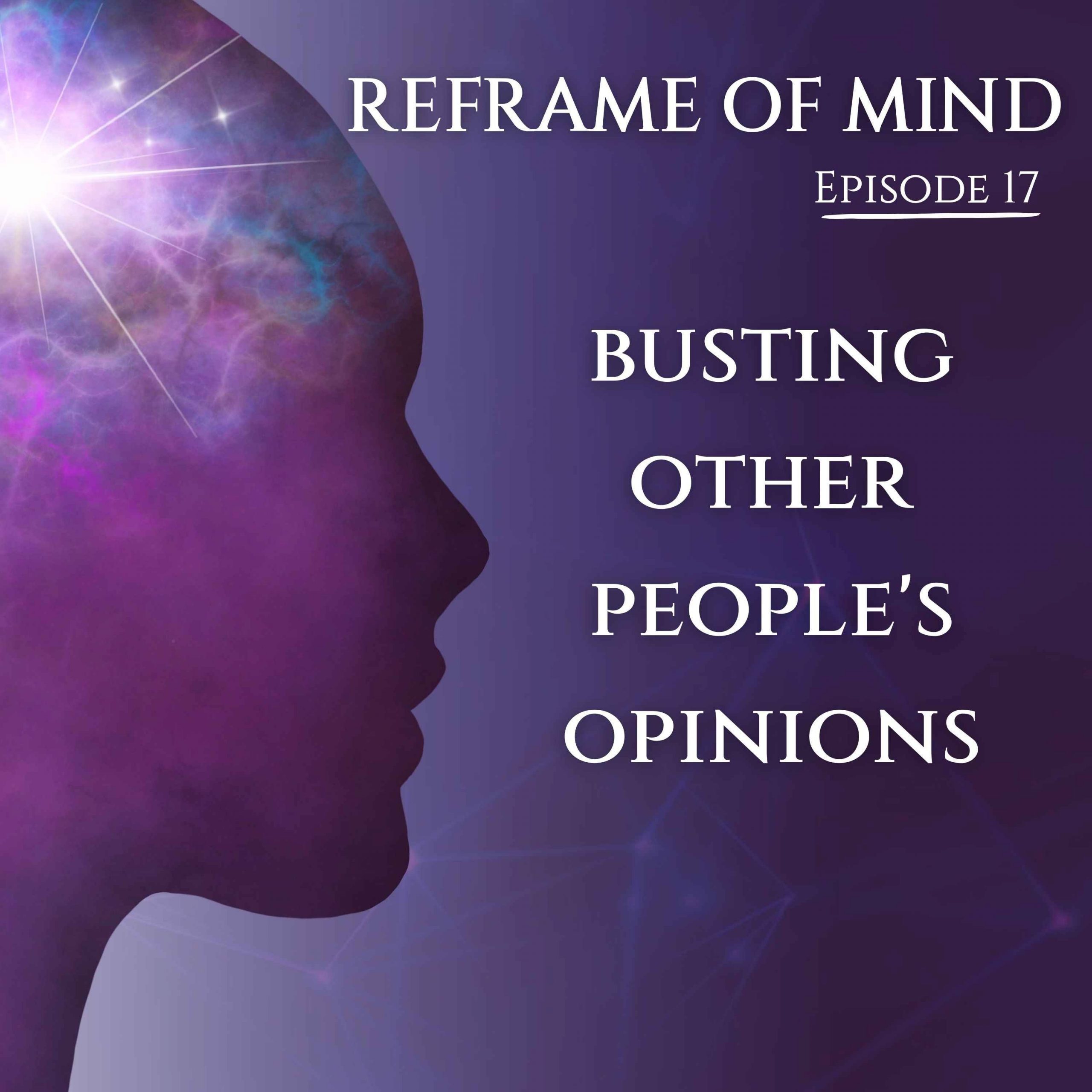
Episode 17: Busting other people’s opinions
How important are other people’s opinions to you? Seeking advice and support is one thing, but sometimes placing too much value on someone else’s opinion can have the opposite effect and limit us instead. It’s easy to become sensitive to or obsessed with what other people think, and worrying about it is something that can…
-
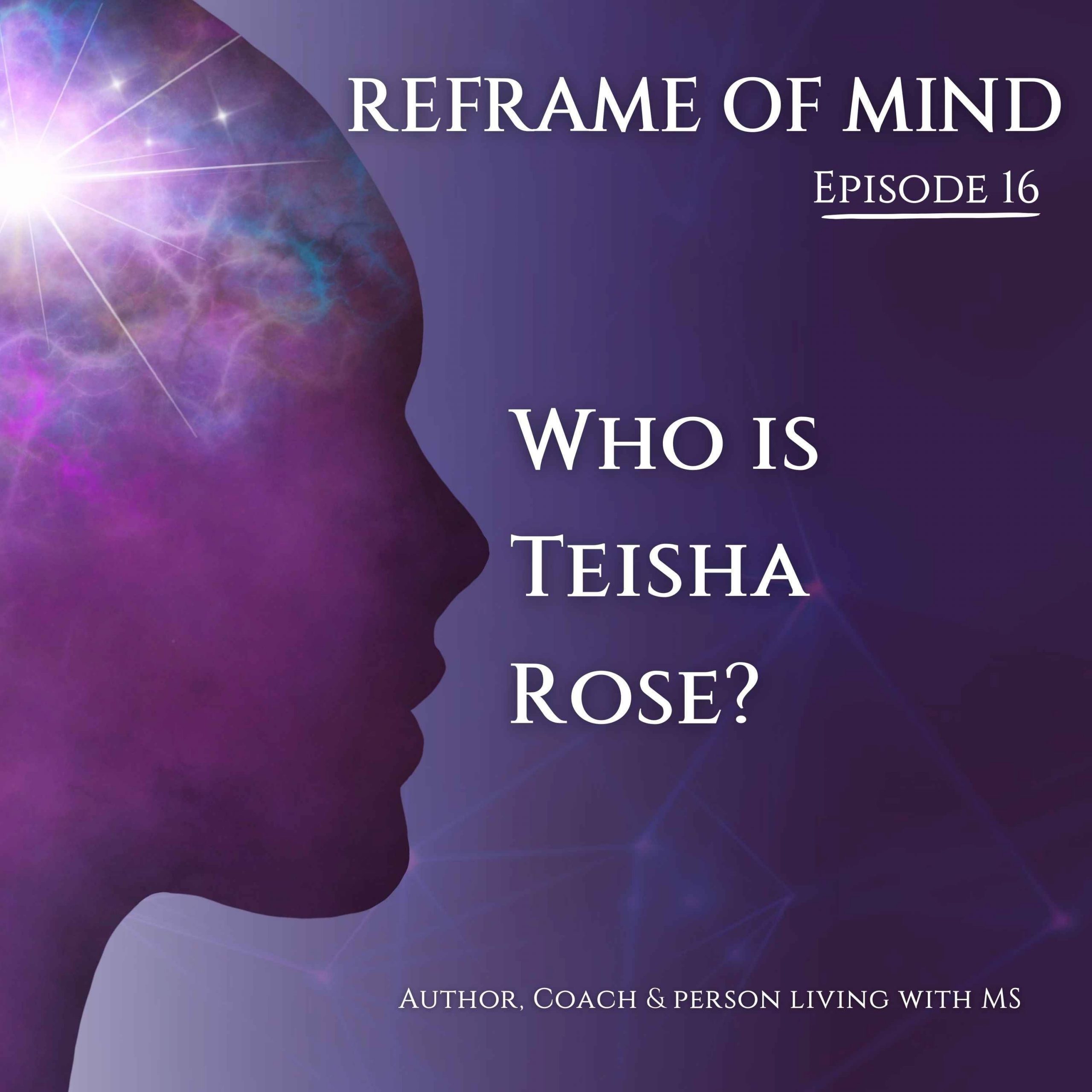
Episode 16: Who is Teisha Rose?
Has anyone ever told you to ‘just think positive’? That’s toxic positivity talking, and it invalidates another person’s emotions and their lived reality. Especially if they live with a chronic illness. Teisha Rose was diagnosed with Multiple Sclerosis at age 22 and has been living with chronic illness for decades. Podcast hosts, Louise & Andy…
-
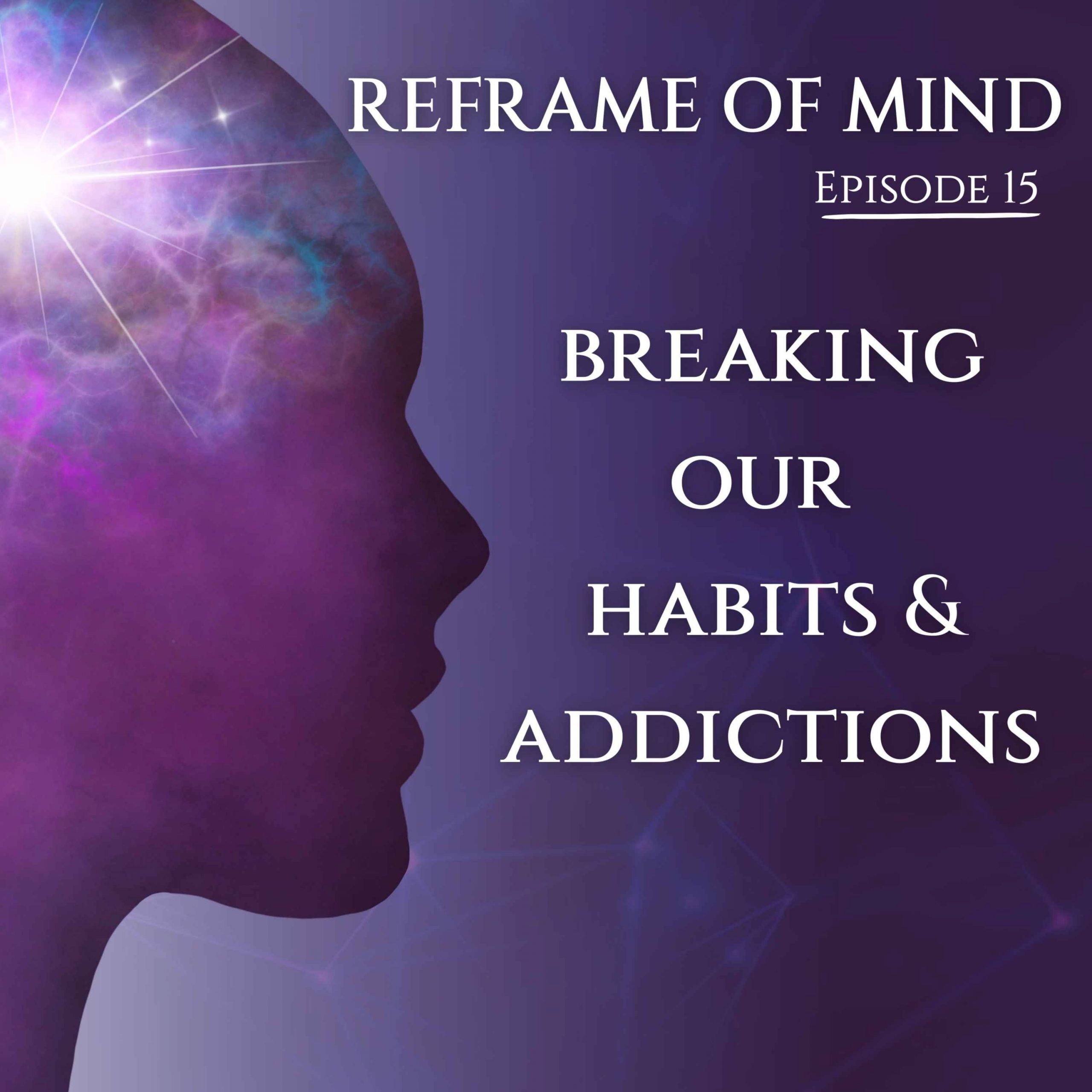
Episode 15: Breaking Our Habits and Addictions
Have you ever felt motivated to Google “Am I addicted to alcohol?” or “Am I Addicted to sugar?” Addictions come in all shapes and forms, and it’s generally the things like nicotine or hard drugs we think of that need to be kicked for good health, but what about if through peer pressure when you…
-
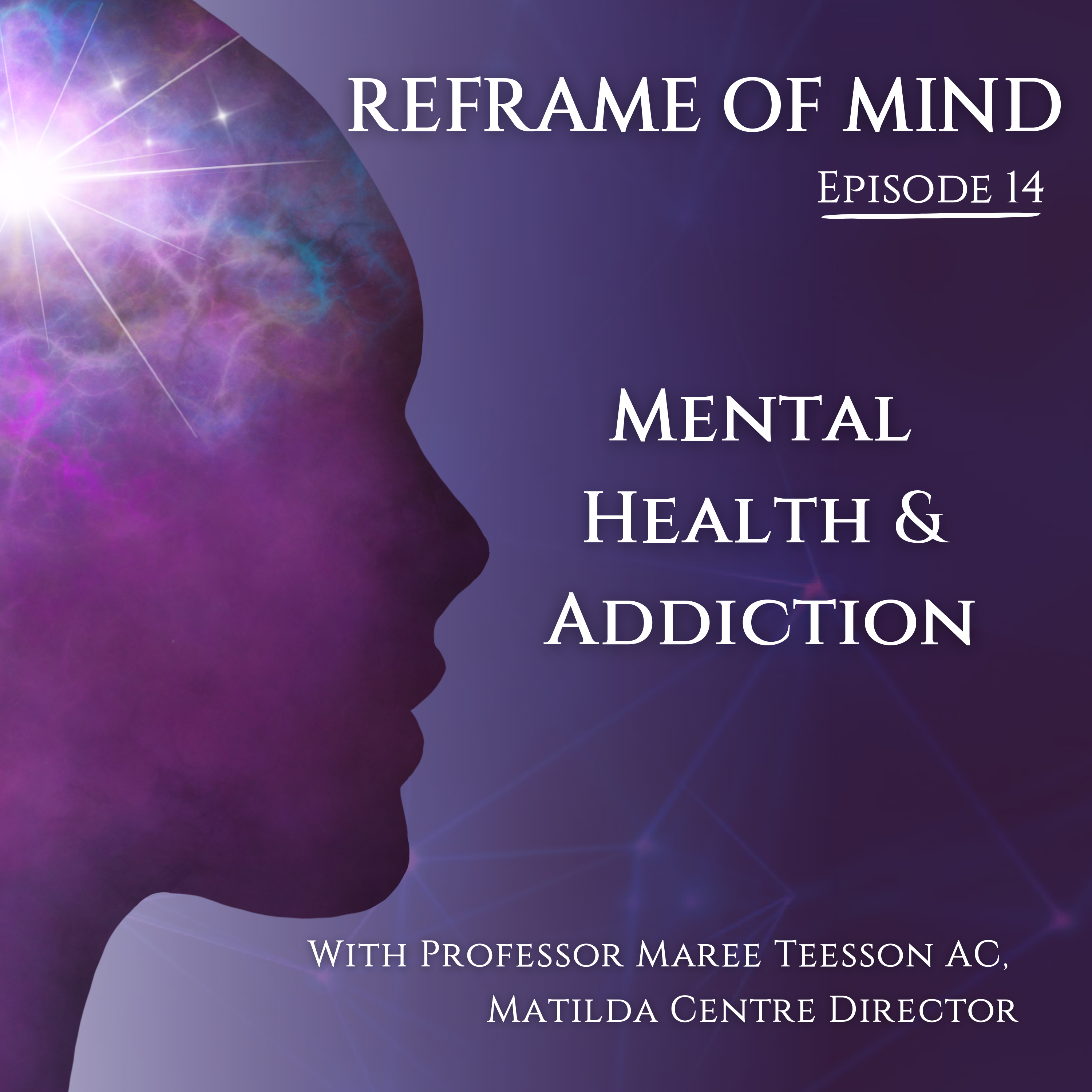
Episode 14: Mental Health and Addiction; featuring Professor Maree Teesson AC
It’s a pretty common situation – Have a stressful day at work, reach for a glass of wine at night – but when does that ‘solution’ contribute to an even bigger problem, and are there techniques to treat the cause underneath it all, instead of using alcohol to self-soothe the symptoms? Alcohol consumption is very…
-
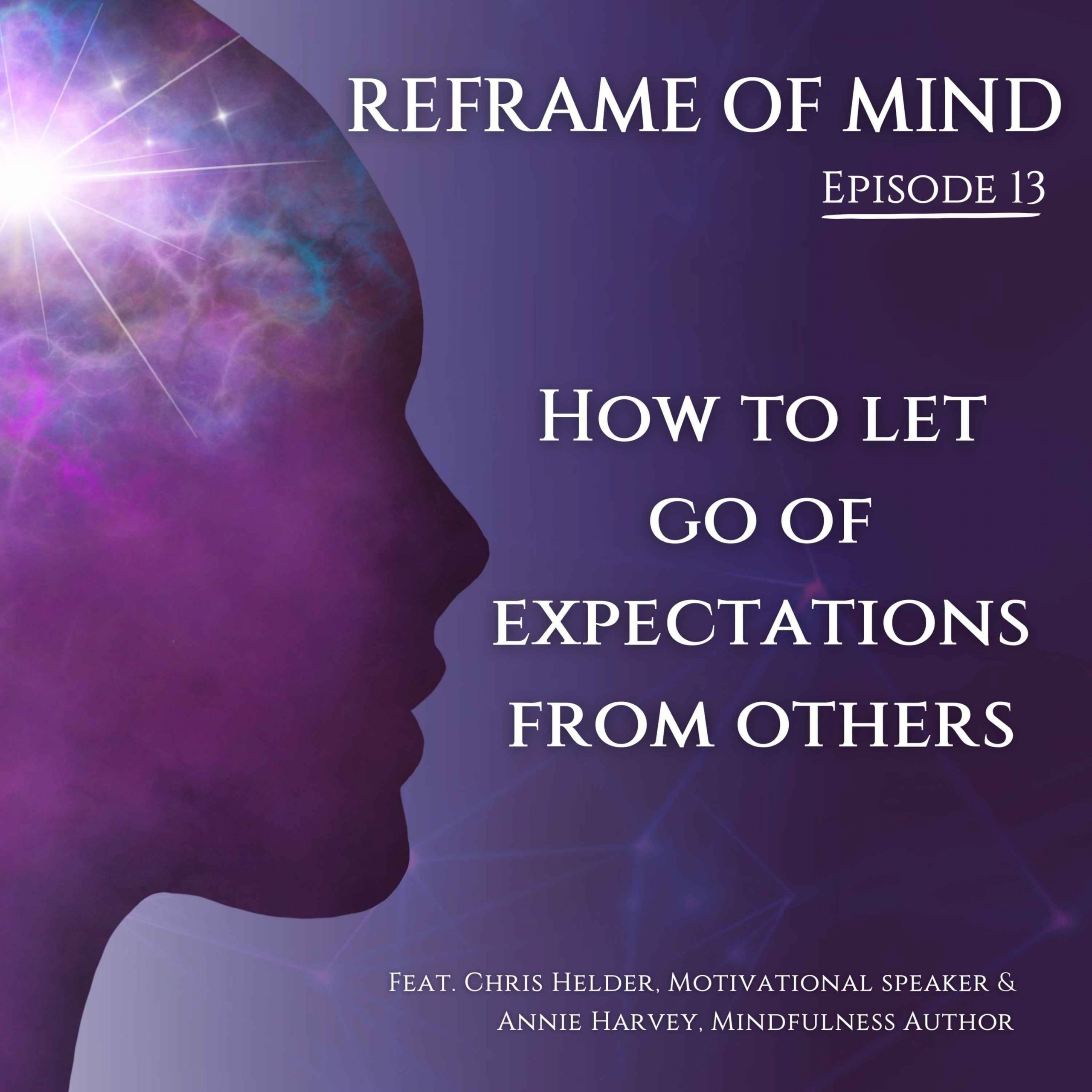
Episode 13: How to let go of expectations from others
What would happen if we chose to let go of playing by the expectations set by someone (or something) else and stopped measuring our value by their perception of what we can offer them? In this episode of Reframe of Mind, Louise and Andy share their personal experiences with letting go of other people’s expectations…
-
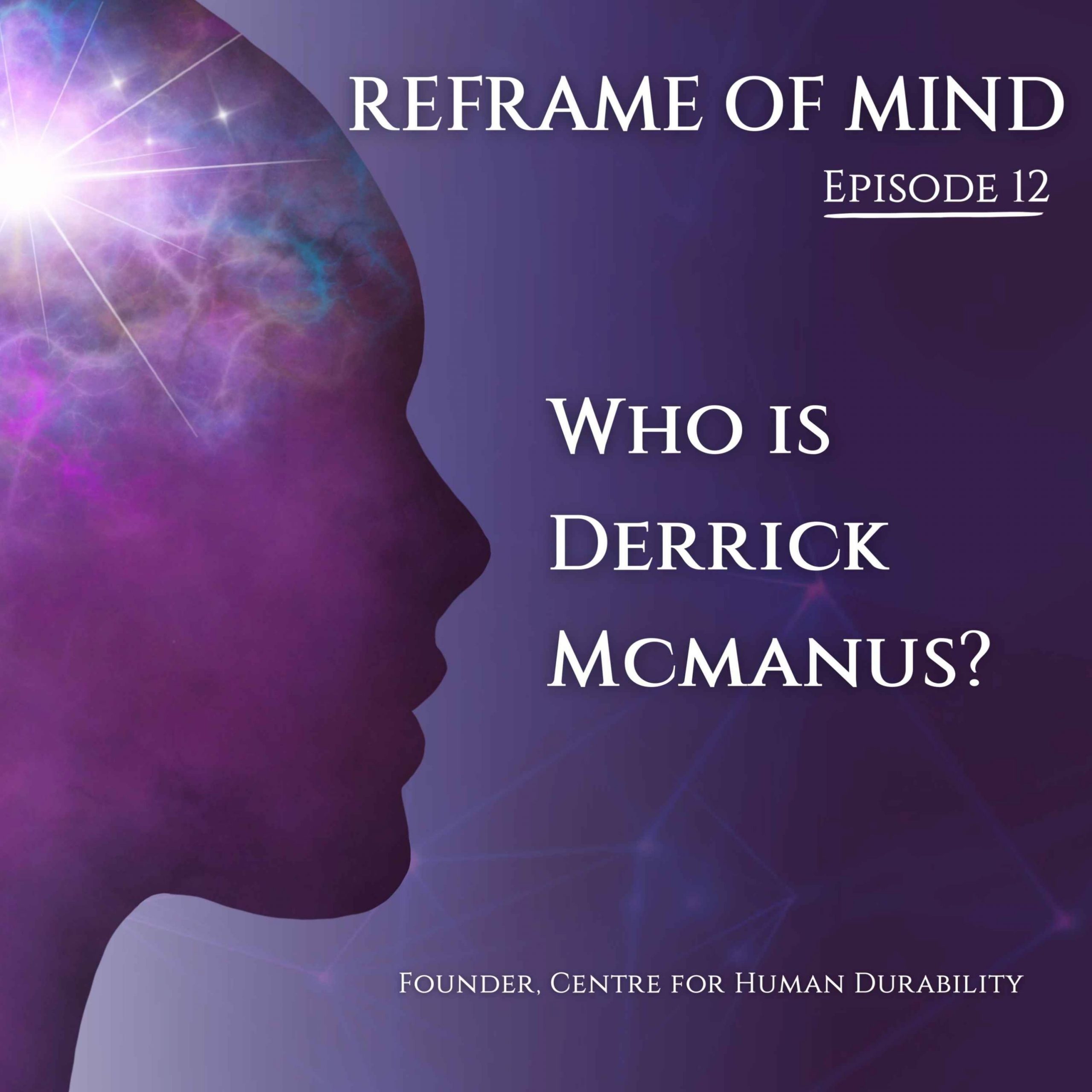
Episode 12: Who is Derrick McManus?
Derrick McManus had a really bad day at work once. He was shot 14 times in 5 seconds and almost died. Derrick was a South Australian Police officer operating in the elite Special Tasks And Rescue (STAR) Group. He held specialist skills as a sniper, diver and was trained by the military elite Special Air…
-
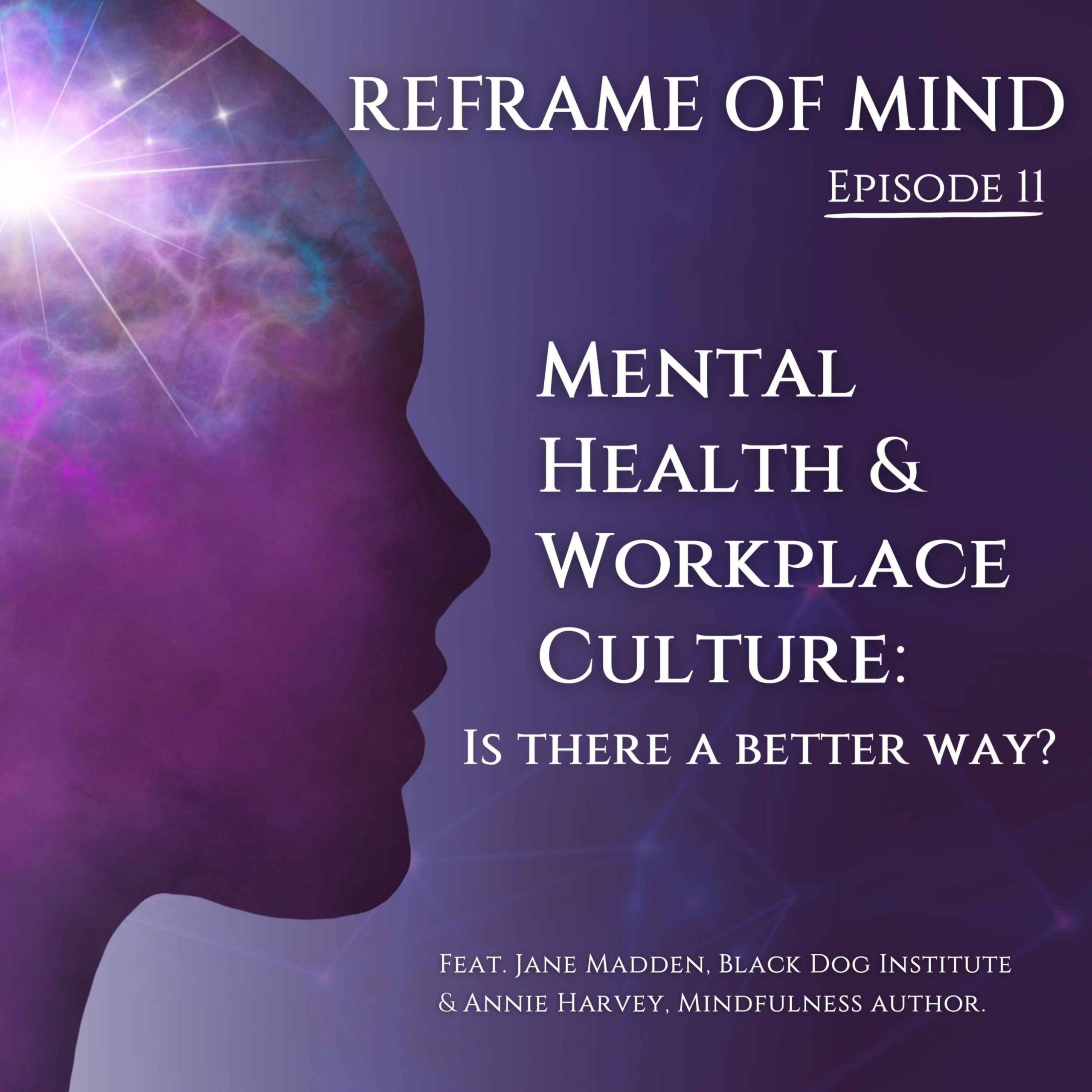
Episode 11: Mental health and workplace culture; Is there a better way?
We’ve all either been through sustained high stress in the workplace or known someone who has, and when we’re encouraged to bring “all of ourselves to work” it usually contains an unspoken parenthesis with the words “except that bit”. So what happens when the stress becomes so unmanageable that we start to burn out? How…